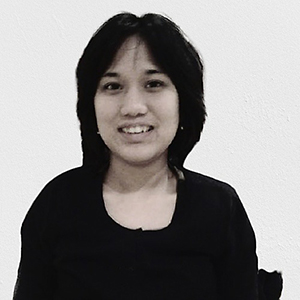 Klarizze Puzon | Chair
Klarizze Puzon | Chair
Klarizze Puzon is a Research Associate at UNU-WIDER. She is an applied economist who uses game theory, experiments (laboratory and artefactual field designs), and surveys as tools. Broadly speaking, her interests focus on the understanding of economic behaviour in the context of development and the environment. Her recent research includes topics on ethnic antagonism, political regime transitions, and conflict in natural resource-rich economies. She also has experience in organizing fieldwork in Southeast Asia and sub-Saharan Africa.
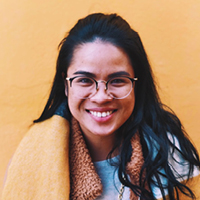 Janica Magat | Presenter
Janica Magat | Presenter
Janica Magat is a Doctoral Student in Political Science at Texas A&M University. Her research focuses on the political economy of state capacity and development, specifically enforcement and compliance in the informal sector. She is currently working on her dissertation that investigates informality as a political equilibrium in weak states, with a regional focus in West Africa and Southeast Asia. In addition, she is also interested in political methodology, specifically experimental methods and time series econometrics.
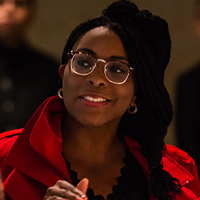 Belinda Archibong | Presenter
Belinda Archibong | Presenter
Belinda Archibong is an Assistant Professor of Economics at Barnard College, Columbia University. Her research areas include development economics, political economy, economic history and environmental economics with an African regional focus. She is a faculty affiliate at Columbia University’s Center for Development Economics and Policy, The Earth Institute at Columbia University, the Institute of African Studies, the Institute for Research in African-American Studies, the Columbia Population Research Center, and the Center for Environmental Economics and Policy.
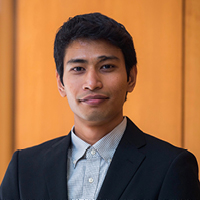 Masyhur Aziz Hilmy | Presenter
Masyhur Aziz Hilmy | Presenter
Masyhur Hilmy is a PhD student in Economics at Boston University. His research interests are in development, education, and political economy. Prior to graduate school, he worked for the Abdul Latif Jameel Poverty Action Lab Southeast Asia (J-PAL SEA) for three years. At J-PAL, he was involved in evaluations of social protection programs in Indonesia, including the national health insurance, a community block grant, and a social programme eligibility census.
 Salome Amuakwa-Mensah | Presenter
Salome Amuakwa-Mensah | Presenter
Salome Amuakwa-Mensah is a PhD candidate at Luleå University of Technology, Sweden, with the Department of Business Administration, Technology and Social Sciences. Her studies and research will be centered on Developmental and Environmental Economics. Salome has a Master’s Degree in Agricultural Economics and Management from the Swedish University of Agricultural Sciences, Sweden.
Alan Sanchez | Presenter
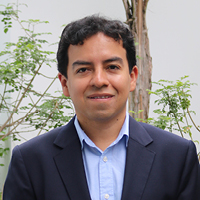 Alan Sanchez is a Senior Researcher at GRADE, Principal Investigator of the Young Lives Study in Peru, and Academic Visitor at the Oxford Department of International Development.
Alan Sanchez is a Senior Researcher at GRADE, Principal Investigator of the Young Lives Study in Peru, and Academic Visitor at the Oxford Department of International Development.
 Join the network
Join the network Klarizze Puzon | Chair
Klarizze Puzon | Chair Janica Magat | Presenter
Janica Magat | Presenter Belinda Archibong | Presenter
Belinda Archibong | Presenter Masyhur Aziz Hilmy | Presenter
Masyhur Aziz Hilmy | Presenter Salome Amuakwa-Mensah | Presenter
Salome Amuakwa-Mensah | Presenter Alan Sanchez is a Senior Researcher at GRADE, Principal Investigator of the Young Lives Study in Peru, and Academic Visitor at the Oxford Department of International Development.
Alan Sanchez is a Senior Researcher at GRADE, Principal Investigator of the Young Lives Study in Peru, and Academic Visitor at the Oxford Department of International Development.